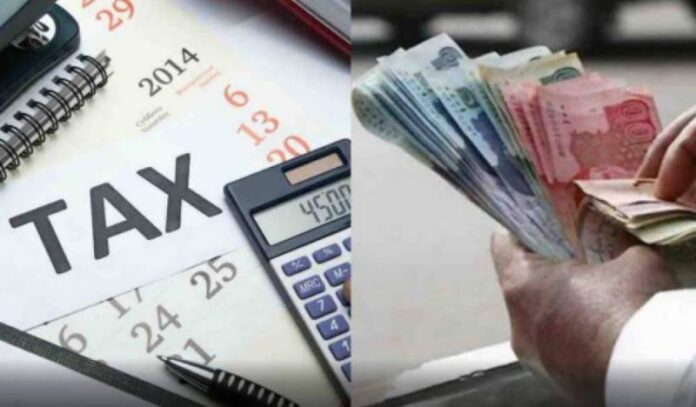In the recently concluded fiscal year (FY24), Pakistan’s salaried class has emerged as the third-largest contributor to income tax revenue, surpassing even the country’s wealthy textile exporters. This development follows a notable surge in income tax contributions from the banking sector, which now leads in tax revenue.
According to a Dawn report, the banking sector experienced a substantial 66% increase in income tax contributions, totaling Rs946.08 billion for FY24. This boost reflects the sector’s growing profitability and its dominant role in income tax collection, accounting for 20.88% of the total.
Despite the banking sector’s significant income tax contributions, its contributions to other taxes, such as sales tax, federal excise duty, and customs, remain relatively minimal.
The salaried class contributed Rs367.8 billion in income tax for FY24, marking a 39.42% rise from the previous year. This figure notably exceeds the contribution of textile exporters, despite the sector’s export value hitting $16.655 billion in FY24.
In comparison, the textile sector saw a modest 7.4% increase in income tax, reaching Rs111.23 billion. This growth is attributed to the government’s updated fixed tax regime for exporters and the higher tax rates introduced in the budget.
Petroleum products continue to be a major source of federal tax revenue, generating Rs1.195 trillion in FY24, with income tax from this sector rising 6% to Rs413.48 billion.
The power sector has also become a significant contributor to revenue for the Federal Board of Revenue (FBR), with tax collection rising by 38.7% to Rs640.61 billion in FY24. This increase is mainly due to a more than 40% rise in sales tax collection.
The high taxation on petroleum products and electricity has significantly impacted the public, leading to higher utility bills and transportation costs. These factors have contributed to an overall inflation rate of 23.41% in FY24.


